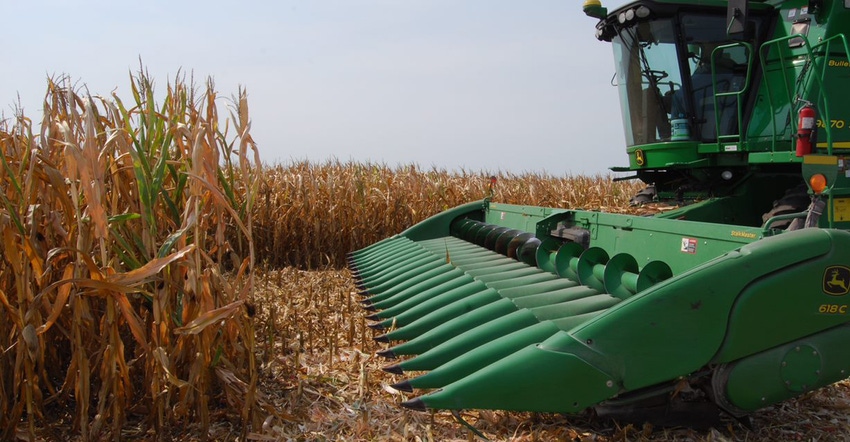September 25, 2019

Throughout the summer, there was a lot of talk about farm leasing laws in Iowa, focusing mainly on the issue of termination of farm leases and the reasons for timely termination. During upcoming months, though, it is more important to focus on the art of renegotiating or entering into a farm lease in Iowa and the laws that apply.
Farmers and landowners throughout Iowa attended the Iowa State University Farm Management Leasing meetings in July and August. Indications are that more than the usual number of farm tenants held off on terminating leases this year. It appears that many tenants didn’t send a written notice of termination to their landlords before Sept. 1 because they thought they might be better off waiting until January or February to try to renegotiate with their landlord for a lower cash rental rate for the 2020 crop year.
Many farmers think the down-pressure on cash rent will be greater later, as opposed to now. Further, many tenants think they will have a better chance of getting the landlord to adjust the rental rate downward the closer they get to planting time.
What Iowa law says about leases
According to Iowa law, whether a lease is written or is a verbal handshake agreement, leases for farmland automatically renew for another crop year under the same terms and conditions as the original lease unless either party provides written termination notice on or before Sept. 1. This is a topic we have discussed many times. By sending a written termination notice before Sept. 1, even for written leases, the parties can avoid miscommunication pitfalls. In other words, you are taking a risk by not sending a timely notice of termination.
So, a tenant seeking a decrease of a high cash rental rate for the 2020 crop year on a farm lease that rolled over from 2019 without being terminated does not enjoy the strongest position to negotiate from. However, here are some legal tips to help overcome that position and encourage landlords (or even tenants) to renegotiate and improve the overall contract or price.
Communication should be clear
If you are already in the position that notice has not been sent and you wish to renegotiate, it’s best to approach the situation with open and clear communication. Regardless of type of lease — written or verbal or even multiyear — there needs to be a dialogue between landlord and tenant.
On a practical note, many landlords and tenants make it a regular practice to review and renegotiate farm leases after harvest. Despite the farm lease termination laws and the risk of not terminating, in a perfect world it makes sense to sit down after harvest and assess the crop year and changes that need to be made.
Points to ponder
Here are tips for renegotiating from a legal standpoint:
Get it in writing! As with any contractual agreement, the terms of a farm lease are always negotiable if both parties consent to the terms or a change in the terms of the lease. So, even if you did not terminate, but everyone agrees to the change in terms, then that becomes part of the contract. Remember, everyone will remember the conversation if it is in writing and incorporated into the lease.
Ask to spread the risk. Some tenants have successfully renegotiated lower cash-rental rates by using different forms of leases, including the flex lease, which spreads the risk between landlord and tenant, or going to a straight crop-share lease. Other tenants have had success in renegotiating by looking at the attributes of the specific farm they are renting that might justify a lower or higher rent including small fields, difficult-to-access fields, fields with low-fertility or pH index.
Ask to increase lease’s term. Perhaps a tenant or landlord is willing to sign a long-term lease at a reasonable rate, spreading the risk between landlord and tenant, and “locking in” a fair rate over the long term.
Consider conservation measures. Landlords may be more open to renegotiation on the issue of rent when the tenant is willing to make investments in soil conservation measures. Some tenants own equipment to install waterways, tile and terraces to improve soil conservation.
As always, there is a wealth of information regarding farm leasing available on the ISU Ag DecisionMaker web page. Improving your Farm Lease Contract is a helpful guide. With the increased complexity in farm leasing and increased cash rental rates, it is never a bad idea to seek legal counsel or the counsel of an expert in farm leasing when renegotiating.
Herbold-Swalwell is an attorney with Brick-Gentry in Des Moines. Email [email protected].
About the Author(s)
You May Also Like






